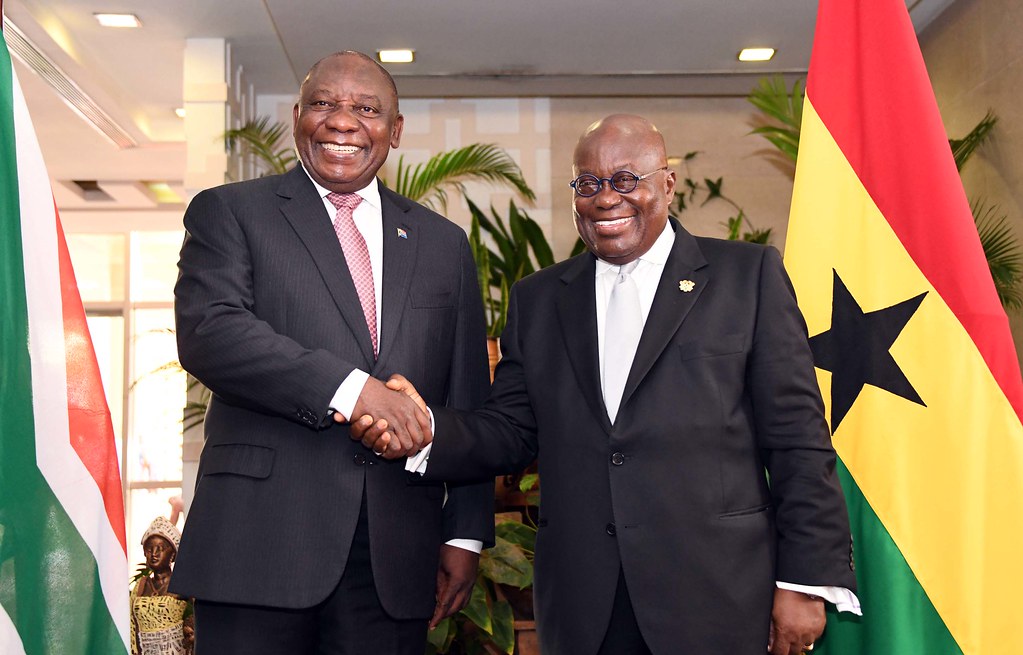
Ghana and South Africa Announce Visa-Free Travel for Ordinary Passport Holders
In a significant development, the governments of Ghana and South Africa have reached an agreement to implement a visa waiver regime for holders of ordinary…

In a significant development, the governments of Ghana and South Africa have reached an agreement to implement a visa waiver regime for holders of ordinary…
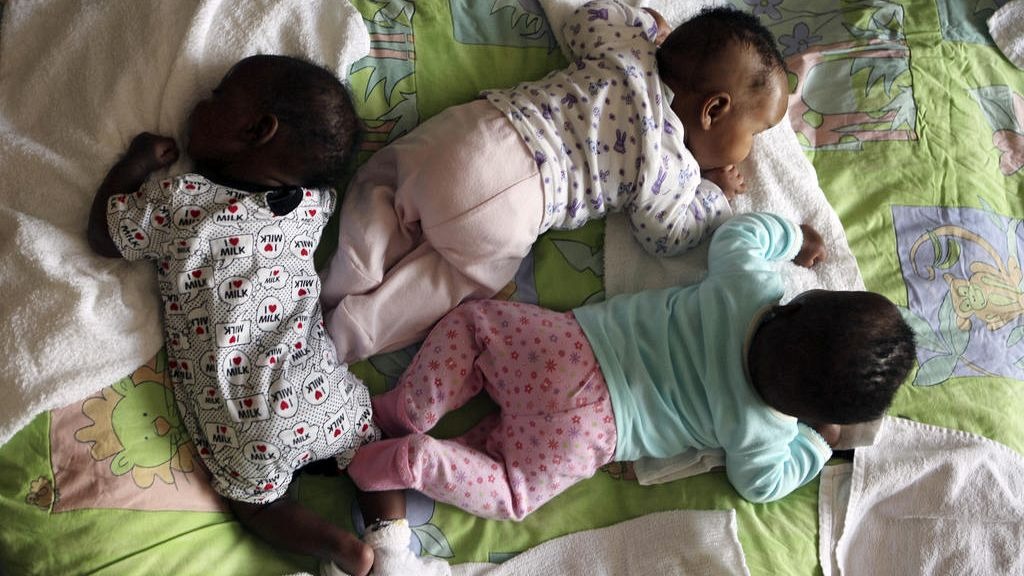
In December 2022, Nigeria found itself grappling with a harrowing diphtheria outbreak, a contagious disease primarily affecting the nose, throat, and skin, which had already…
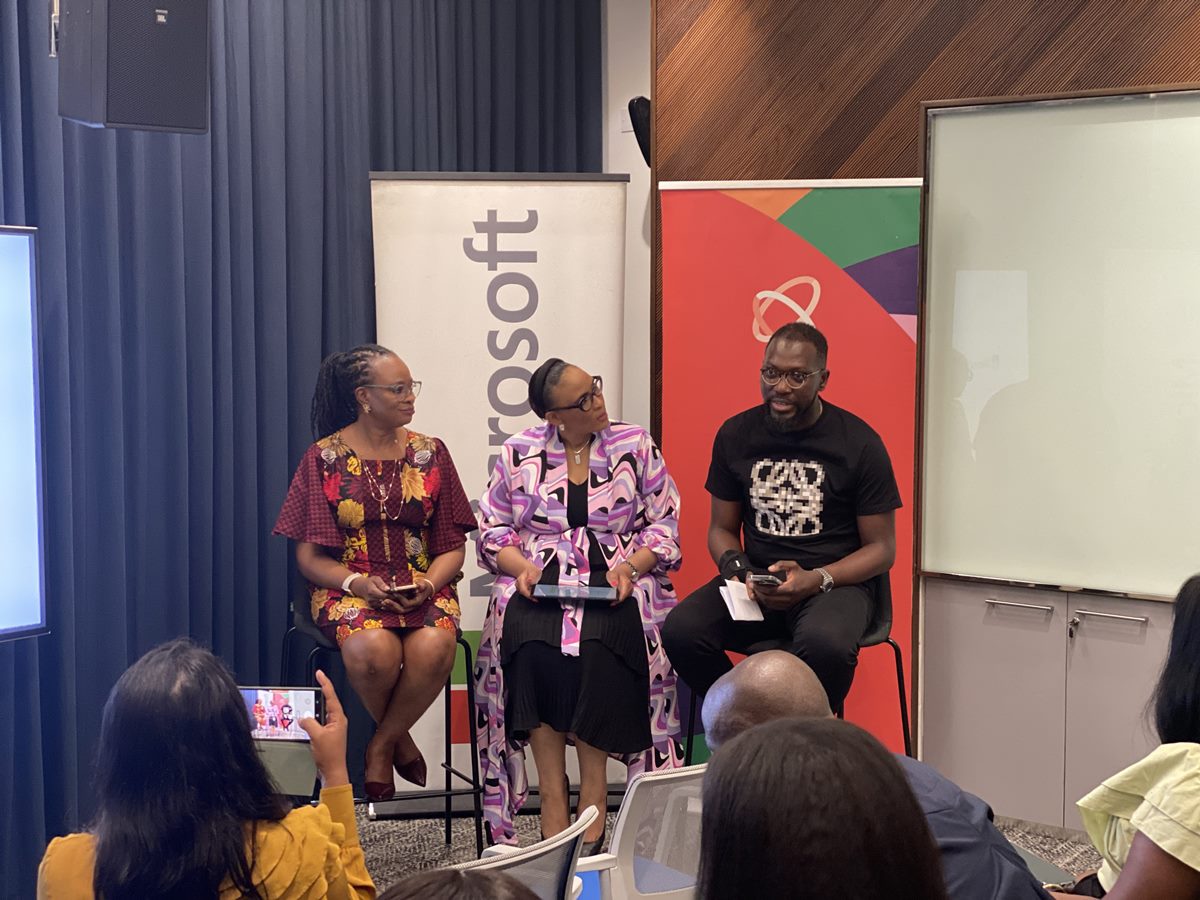
Microsoft and Flutterwave, a leading payments technology company, have joined forces in a five-year strategic technology partnership aimed at revolutionizing payment innovation in Africa. The…
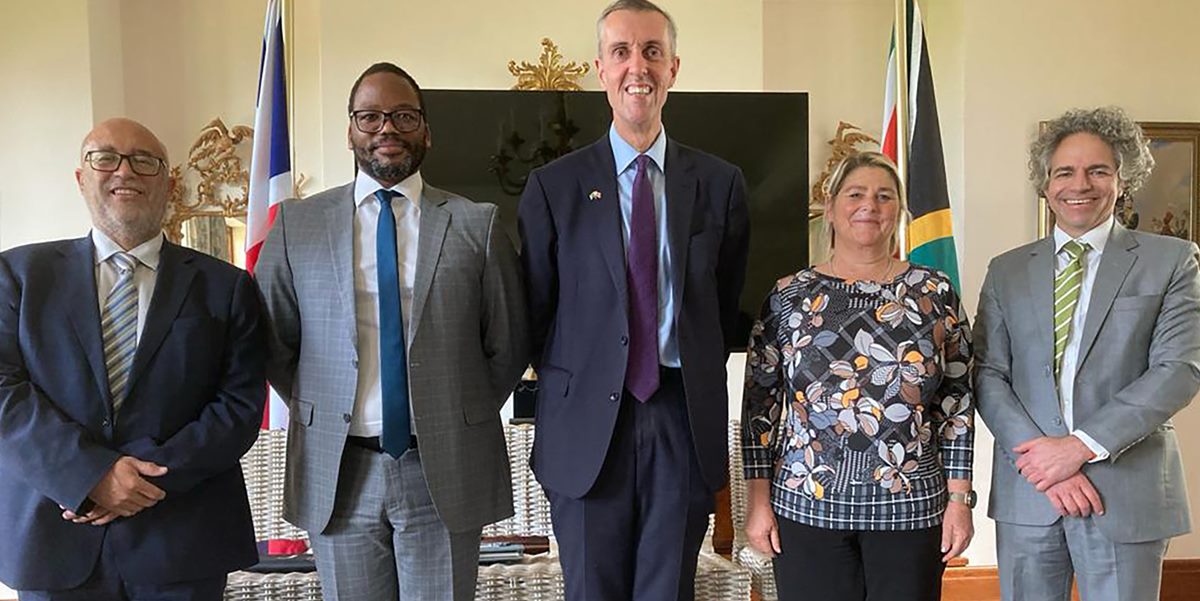
In a surprising twist, South Africa’s unreliable electricity supply is attracting significant foreign investment in renewable energy, with the United Kingdom emerging as the leading…
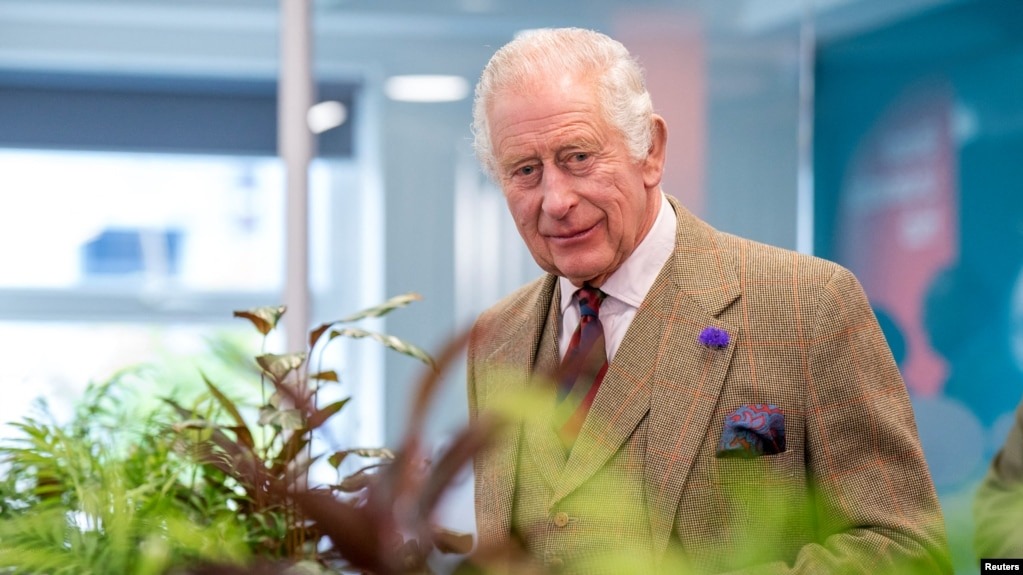
In a historic move to foster reconciliation and strengthen diplomatic ties, Britain’s King Charles III is set to embark on a significant visit to Kenya,…
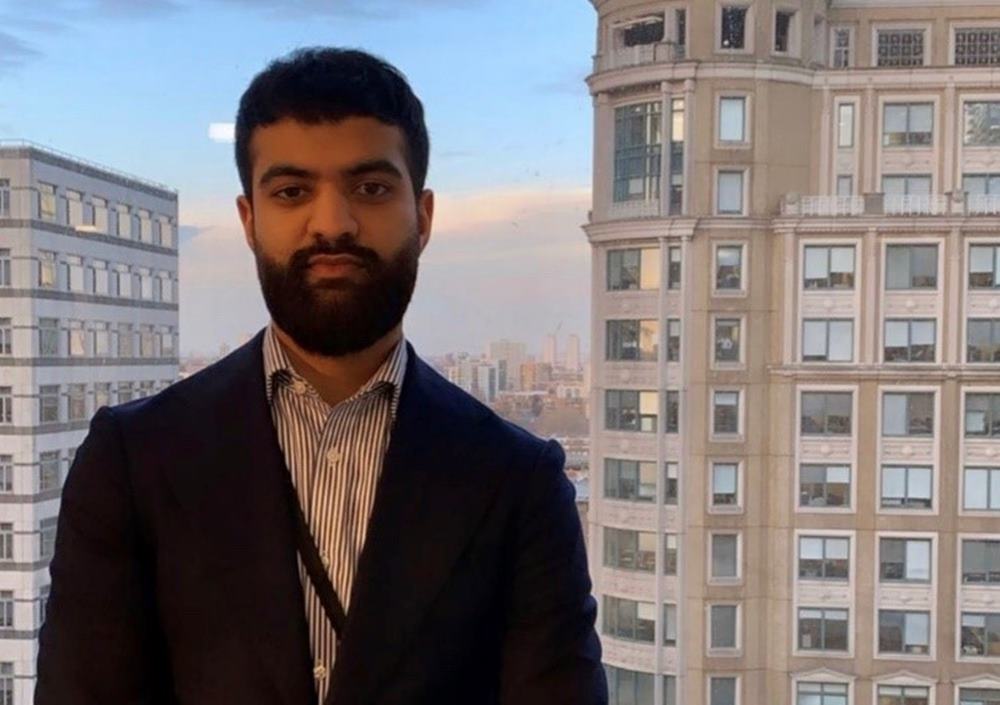
NHS Blood and Transplant is urging young Black African, Black Caribbean, and Asian men to register as lifesaving stem cell donors. Blood stem cell transplants…
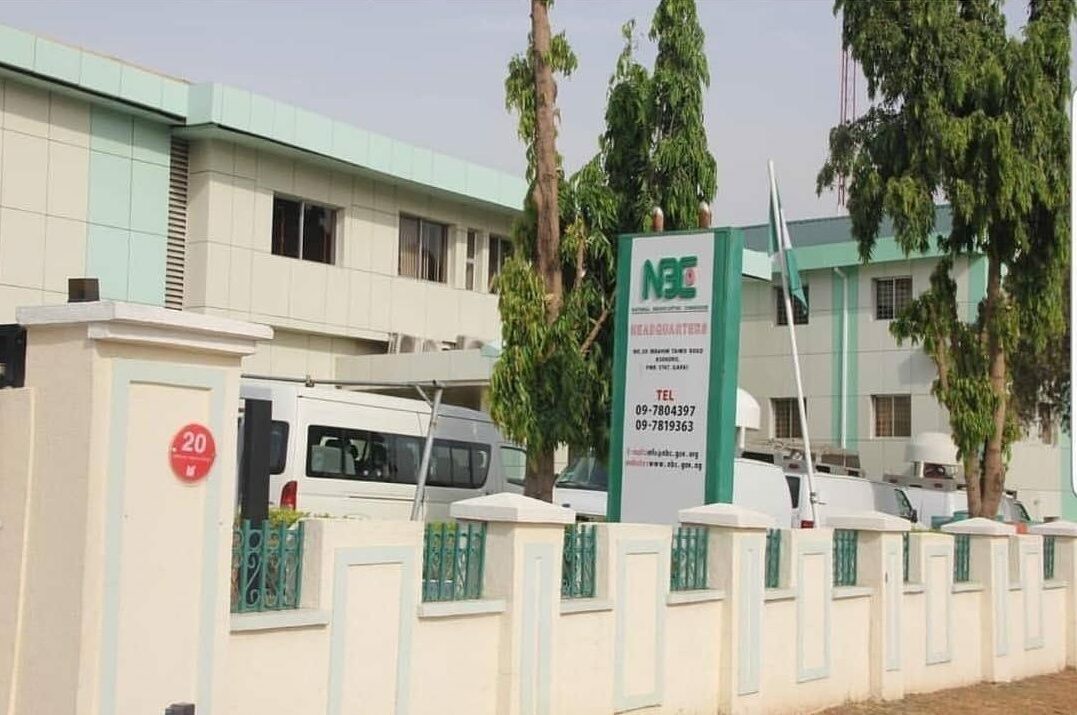
In a bid to address the evolving landscape of media and communication, the Nigerian Broadcasting Commission (NBC) has sent a bill to the National Assembly…

Air France has announced that it will resume flights to Mali starting Friday, using a plane and crews from a third-party company. The airline had…
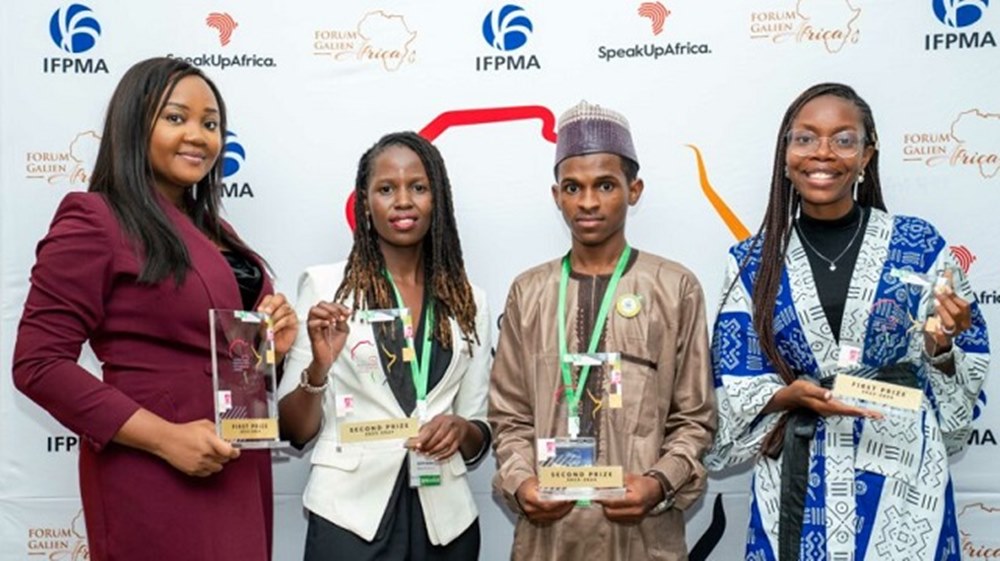
In a celebration of scientific excellence and innovation in Africa, the International Federation of Pharmaceutical Manufacturers and Associations (IFPMA) and Speak Up Africa have announced…

In a new development regarding the Palma attack in Mozambique that occurred in March 2021, seven survivors or families of victims have filed a complaint…
Support the growth of our platform by purchasing our merch.
When artistes submit their music on our website, we encourage their audience to engage with these submissions by using the like or dislike buttons. These ratings play a key role in helping us identify high-quality content that resonates with our listeners. Our dedicated team carefully considers user ratings and preferences, handpicking exceptional submissions for special recognition. The rating system operates through the use of browser cookies, making these ratings unique to individual browser users. This means that each user's likes and dislikes are stored in their browser's cookies, allowing us to gather accurate and personalised feedback. As part of our commitment to supporting talent, we occasionally offer free unbiased airplay to these chosen artistes. This opportunity allows them to reach a wider audience and gain valuable exposure within the music scene. By tapping into the power of our listeners' ratings, we aim to create a community-driven platform that uplifts and celebrates the best in music.